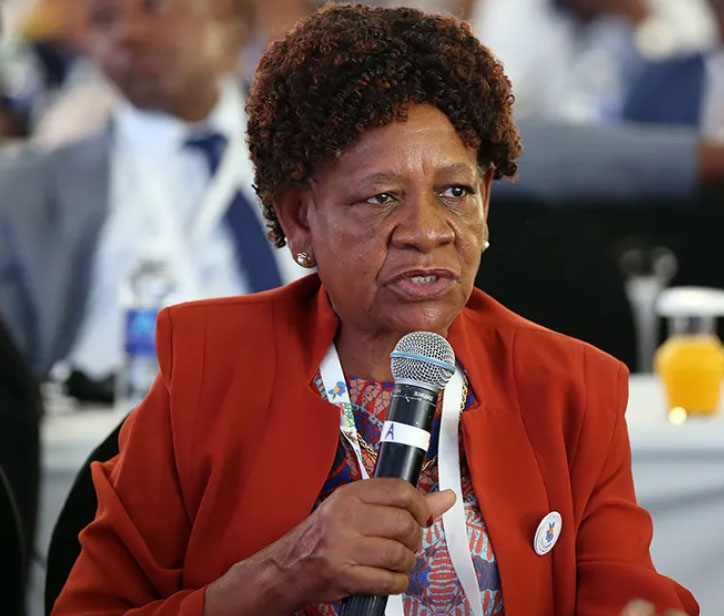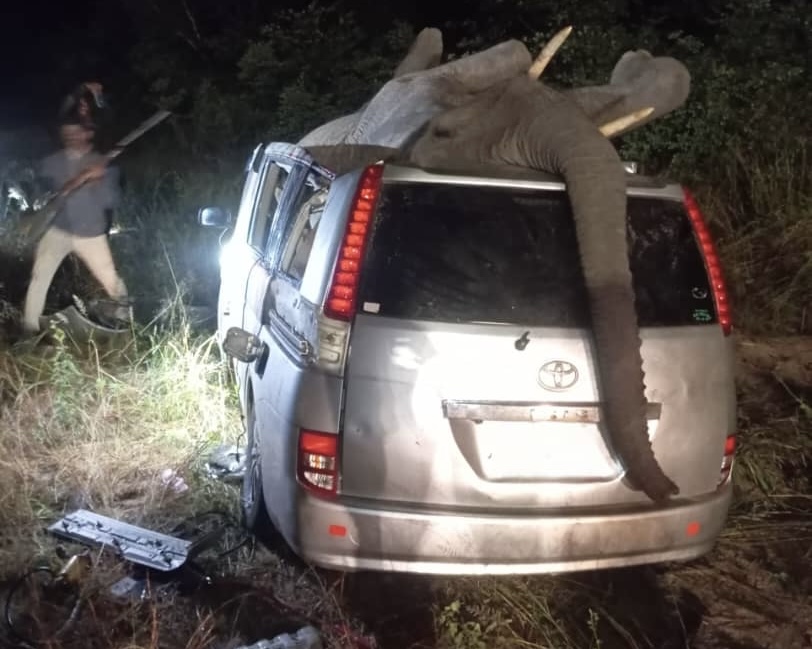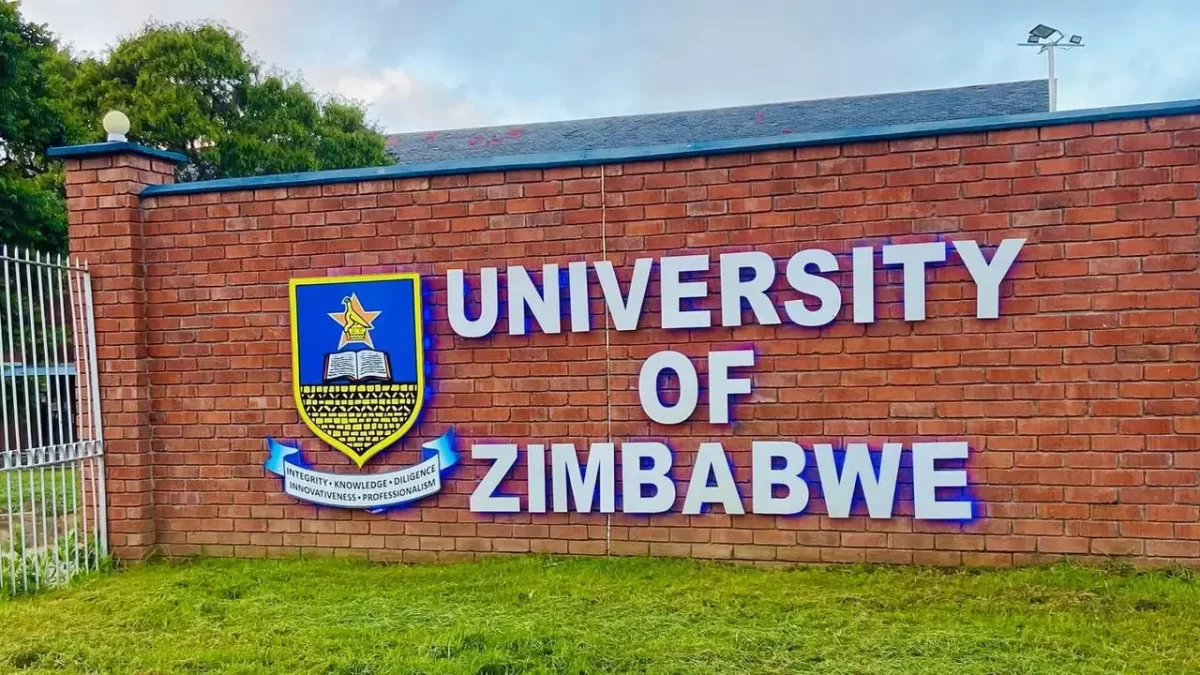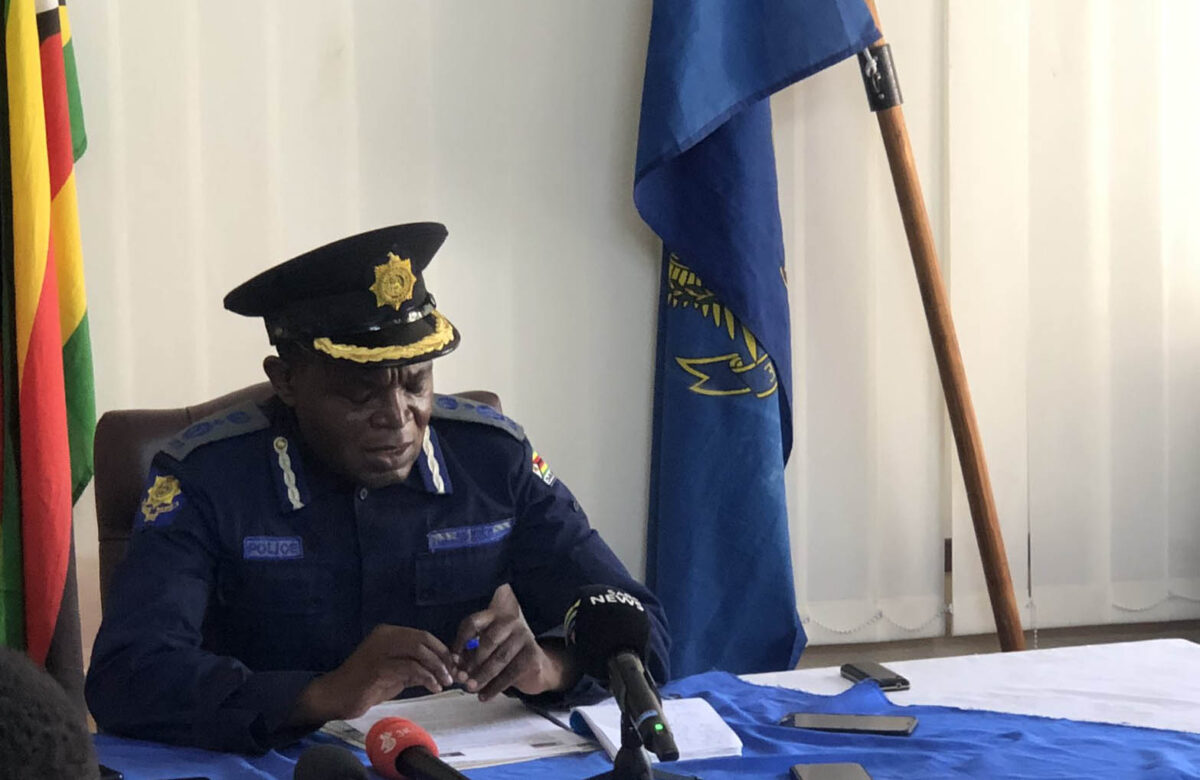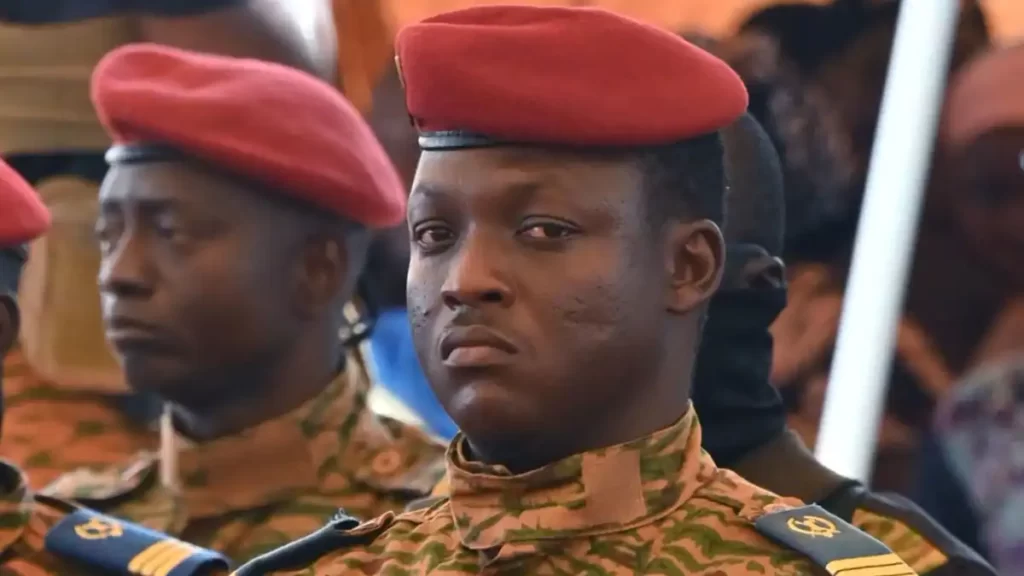HARARE – Primary and Secondary Education Minister Evelyn Ndlovu has hit out at unscrupulous “black” school teachers who are reportedly performing some Continuous Assessment Learning Activity (CALA) tasks on behalf of examination candidates in exchange for money.
Fielding questions from MPs Wednesday, Ndlovu called on the Zimbabwe Anti-Corruption Commission (ZACC) to descend on schools to stem the rot.
CALA is a student assessment regime introduced last year into the national examination system and requires learners to perform, demonstrate their knowledge, understanding and proficiency.
The framework, which contributes 30 percent to a student’s final marks, is being implemented on Grade 7, Form 4 and Upper 6 candidates.
But the work comes with a lot of commitment which often demands additional resources and use of the internet.
Some of the work is beyond the comprehension of parents and guardians many of whom have no basic computer skills.
For all its intended good, opposition legislator Edwin Mushoriwa said in a question to Ndlovu, the corrupt practice by some teachers threatens to downgrade the country’s education if left unchecked.
In her response, Ndlovu admitted the crisis at hand, adding that ZACC should also take interest in the scandal.
“There is the risk of downgrading. Yes, but I think we really need to engage the Anti-Corruption Commission.
“I have said that even in Cabinet that as Zimbabweans, we should learn to respect ourselves.
“The culture of wanting too much money every time and being greedy is a problem in our society. It is the same when you look at our cities.”
Ndlovu saw race in cheating by teachers.
“So I think it is the cultural mindset change among our people that is needed to make sure that you do not cheat. You are cheating the child and tomorrow that child will be a destitute because when he/she goes to university, he/she will fail.
“I do not understand why a black woman or black teacher should sabotage a child by doing work for them.”
She added, “I think it is high time the Anti-Corruption Commission should go into schools and identify – as well as parents who can tell us what is happening in these schools.
“There are few of you guys and few of us who do that, except for one man here in Harare who has been coming to my office to inform me of what is happening and I sent my people there to stop it. We really need information from the public.”

